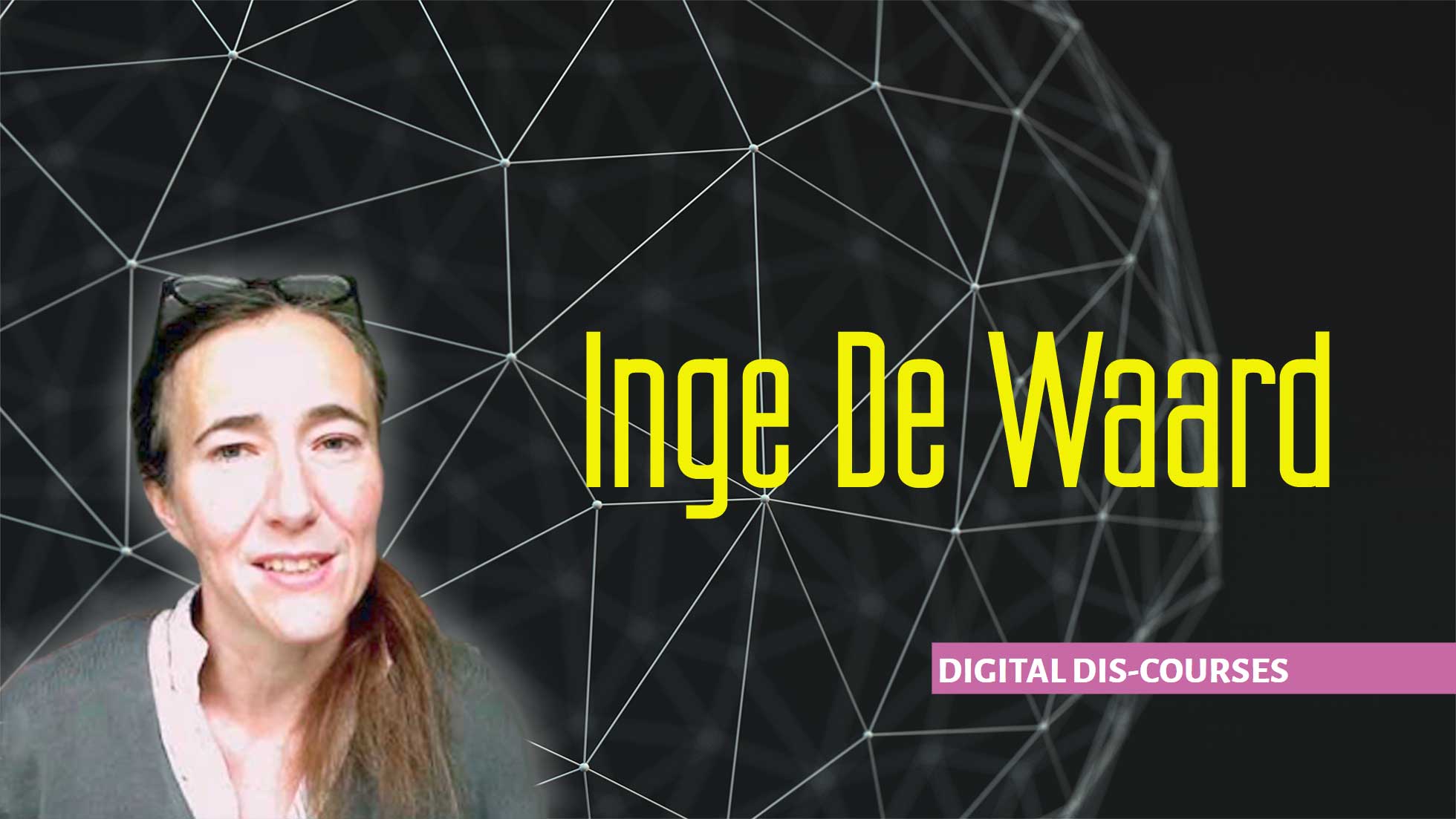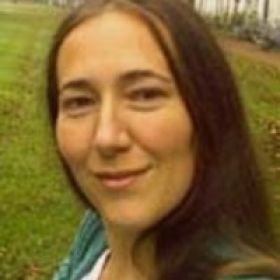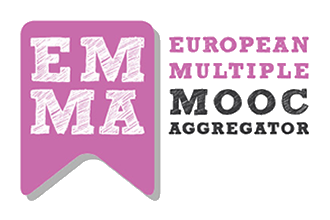Course Overview

Persona, society and technology: processes of transformation in a digital age.
We are becoming digital in a way that is not clearly understandable yet. We are no longer capable of distinguishing between what is real and what is virtual, as we did at the beginning of the digital story. Our lives, bodies, emotions, feelings and memories are strongly embedded in the digital world. For better or worse, we are living in a technological era which is re-defining how we think, learn, love, work. What does it mean to be a digital persona? What is the role of algorithms, the digital unconscious and knowledge networks.
This MOOC involves distinguished experts in the field of digital culture in open discussion. They present their own reflections on these questions, and their contributions take us through the changing landscape of self, society and technology, transforming hopes and criticism into food for thought.
Whatever your reason for joining this MOOC, you can explore the questions with our experts to clarify your own responses.
You can exploit the course in 2 ways:
1. Serendipity
Play a game of Fortune. Choose any expert as your starting point and then randomly construct your own learning journey through digital culture. You will discover your own logic and connections between the different contributions. Using the coursebook, you can record and comment your journey, and share it with other users.
Click on the video tutorial to find out more about the Coursebook feature.
2. Guided tour
You can see these MOOCs as conceptual sets that navigate you through the changing technological and societal landscape. Each set offers you different perspectives and challenges to reflect on and enjoy:
(i) Situating individual minds within the landscape (Sorrentino, de Waard, Webster, van Heusden)
(ii) Mapping emerging territories and directing the individual within the new socio-technical regimes (Orban, Weinberger, Downes, Miranda)
(iii) Describing/redescribing paradigms and realities (Boyd, Kerckhove, Powe, Bogliolo).
In the lesson of Digital Dis-courses MOOC, Inge De Waard describes an experiment in content and language learning with secondary schools through multilingual MOOCs, and shares approaches, materials and reflections.
Course Structure
- Lesson 1 - Global MOOCs for non-native English speaking 16 – 17 year olds: increasing digital and lifelong learning skills
- Lesson 2 - The future of education: the networked learning brain
Teacher
Inge de Waard
Inge de Waard works at the Open University, Centre for Research in Education and Educational Technology.
Other affiliations include Athabasca University, Centre for Distance Education and institute of Tropical Medicine, Antwerp, eLearning.
Her main interests are MOOCs and ubiquitous, mobile online learning. As such envisioning the future of education by dreaming of an organic teaching/learning world. She is currently researching ubiquitous MOOCs and more specifically learner interactions and self-directed learning for the Open University of the United Kingdom. Previously she engaged in research on the impact of mobile access on MOOCs for Athabasca University in Canada. And in the past she have been the eLearning coordinator and researcher working at the Institute of Tropical Medicine Antwerpen (ITM) in Belgium.




